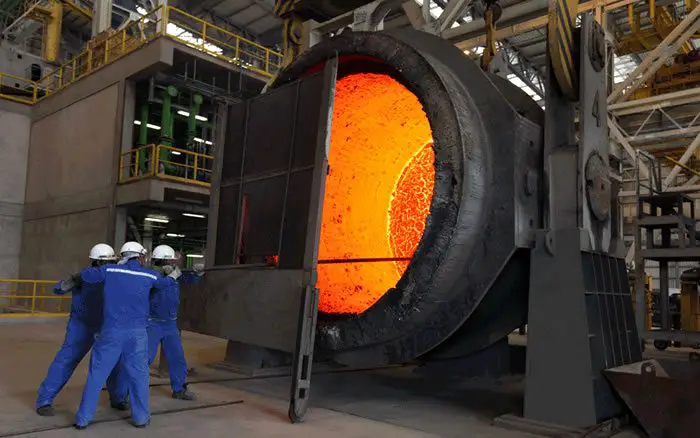After a successful petition by United States government to impose protection duties on imports of steel rebar from turkey and Mexico, Egypt steel companies have become the second country to petition its government to impose duties on rebar and wire rod imports from China, Turkey and Ukraine.
Egyptian Steel and other major steelmakers have submitted a request for the government to re-introduce anti-dumping duties on imports of rebar and wire rod used in the construction industry after a years-long quest to protect the fledgling steel industry from low-priced imports.
The move by the industrial players is seen as very crucial because Egypt is a global market struggling with low prices and overcapacity due to lackluster demand as it’s trying to redeem itself from the 2011 political turmoil.
Last year, Egypt residents and the major industrial players played a key role in restating former army chief Abdel Fattah al-Sisi back in power after a brief hiatus of Islamist control, Fattah al-Sisi won the country’s presidential vote this year.
Commenting on the petition, chief executive of Egyptian Steel Ahmed Abou Hashima said that there is urgent need to change from customers to industrials: that’s the only way a country can grow.
“How can (foreign) rebar and wire rod enter Egypt with zero customs? We have very high-tech industries in Egypt, especially in steel, but we must protect them (from foreign imports).” Abou Hashima said.
After former Islamist President Mohamed Mursi was ousted, World Steel, which a global steel body said that Egyptian steel output fell at an annual rate of 8 percent in the first four months of 2014, to 2.05 million tonnes, after rising just 1.9 percent last year.
However, there is hope for the steel industries after Sisi led government slashed energy subsidies to factories in an effort to salvage ruinous government finances.
Calls for the government to re-introduce previously short-lived dumping duties started last year after the government dropped tariffs in June after just six months.
Egyptian Steel is planning to expand its annual capacity to over 2 million tonnes by late 2016 from 355,000 tonnes now.

Leave a Reply